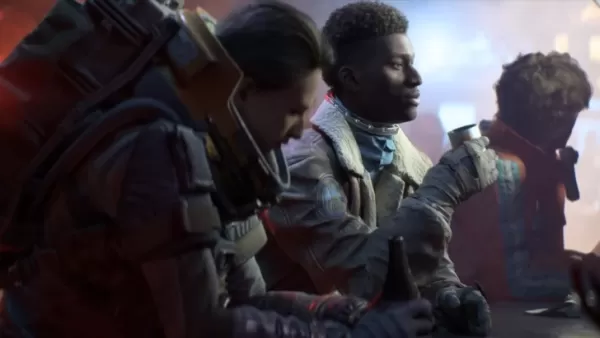The graphic novel Feeding Ghosts: A Graphic Memoir by Tessa Hulls, published by MCD in 2024, has been awarded the prestigious Pulitzer Prize, announced on May 5. This accolade marks a significant milestone as it is only the second graphic novel to ever win a Pulitzer, following Art Spiegelman's Maus in 1992, which received a Special Award. Remarkably, Feeding Ghosts secured victory in the regular Memoir or Autobiography category, triumphing over top English prose submissions worldwide. This achievement is even more impressive considering it is Hulls' debut graphic novel.
The Pulitzer Prize, widely regarded as the most prestigious award in journalism, literature, and music in the United States, is second only to the Nobel Prize on the international stage. Despite this monumental accomplishment in the realm of comics, the coverage has been surprisingly sparse. Since the announcement two weeks ago, only a few mainstream and trade publications such as the Seattle Times and Publishers Weekly, along with one major comic book news outlet, Comics Beat, have reported on this win.

The Pulitzer Prize Board described Feeding Ghosts as "An affecting work of literary art and discovery whose illustrations bring to life three generations of Chinese women – the author, her mother, and grandmother, and the experience of trauma handed down with family histories." The narrative spans three generations, exploring the impact of Chinese history, particularly through the lens of Hulls' grandmother, Sun Yi. A journalist in Shanghai, Sun Yi was engulfed by the chaos following the Communist victory in 1949. After escaping to Hong Kong, she penned a best-selling memoir about her persecution and survival, only to later suffer a mental breakdown from which she never recovered.
Hulls herself grew up witnessing the struggles of her mother and grandmother under the shadow of unexamined trauma and mental illness. Her response was to initially flee to the most remote parts of the world. Yet, she eventually returned to confront her own fears and traumas, a process she describes as a generational haunting that required familial love to heal. In an interview last month, Hulls explained, “I didn’t feel like I had a choice. My family ghosts literally told me I had to do this. My book is called Feeding Ghosts, because that was the beginning of this nine-year process of really stepping into something that was my family duty.”
Despite this success, Hulls has expressed that Feeding Ghosts may be her final graphic novel. In another interview, she stated, “I learned that being a graphic novelist is really too isolating for me. My creative practice relies on being out in the world and responding to what I find there.” On her website, Hulls shares her new direction, aiming to become an embedded comics journalist working alongside field scientists, indigenous groups, and nonprofits in remote environments.
Regardless of her future endeavors, Feeding Ghosts stands as a testament to the power and legitimacy of graphic novels as an art form, deserving of recognition and celebration beyond the comic world.







